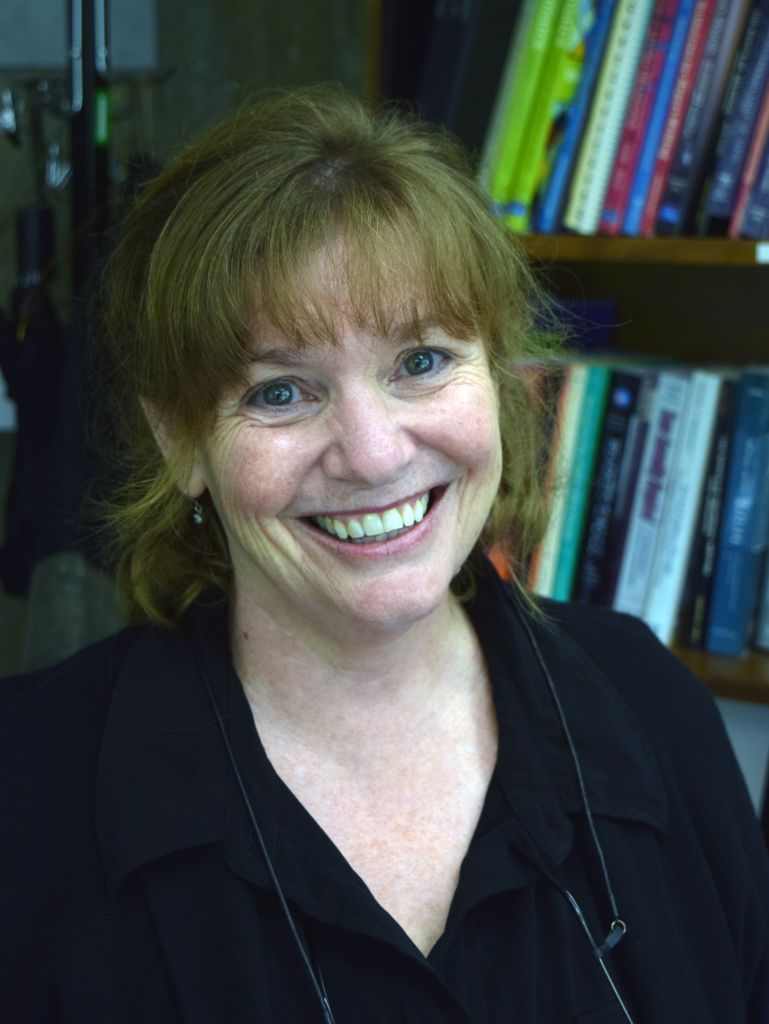With the contract between Ontario college faculty and colleges set to expire at the end of the month, the two sides seem to agree on only one thing.
Negotiations for a new contract are in a deadlock.
“Yeah, I’d say we’re in a standstill,” said Don Sinclair, CEO of the College Employer Council, which represents the colleges in bargaining.
The union that represents college teachers, OPSEU, will hold a vote on Sept. 14 to determine whether to strike if ongoing negotiations fall through. A yes vote does not necessarily mean a strike will occur, but it would be an option if negotiations fall through – a strategy unions use to strengthen their position at the bargaining table.
How likely is it that faculty would vote to strike?
“I’d say historically we’ve had everything from moderately strong to very strong (strike mandates),” said Jack Wilson, first vice-president of OPSEU 415, the union local that represents Algonquin College staff.
Wilson would not say how he felt the vote would turn out, but said OPSEU has received strong feedback from members and that past strike mandate votes have typically passed with at least 60 per cent approval.
The current collective agreement was ratified in 2014 and expires Sept. 30. It covers full-time and partial-load professors, but not part-timers.
The OPSEU bargaining team has 16 demands and their top two are centered around academic freedom and compensation, Wilson said.
“Our counterparts (in universities) enjoy the latitude to teach what they feel is appropriate,” but college teachers do not have that same liberty, he said.
College teachers have gone on strike three times since 1984, the last time in 2006.
The 2006 strike was primarily to get the colleges to hire more full-time staff instead of relying on part time contractors. If it was bad then, it’s even worse now, said Pat Kennedy, president of OPSEU 415.
“The issues today are similar, but the numbers have gotten even greater,” he said. “Where would you find in your previous education… a figure that would indicate that the vast majority of your teachers are teachers who are on contract (on a temporary basis)?”
The College Employer Council made an offer but the OPSEU negotiation team did not accept it. The offer included a 7.5 per cent salary increase over four years but Wilson said it failed to address their other concerns.
“What the colleges have offered would not even get us past inflation,” Wilson said. “It’s just been no, no, no, no… what the employer wants is status quo.”
Don Sinclair of the Council said he thought the offer was a fair one but much of OPSEU’s demands are “unpalatable.”
“Some of the stuff we want is probably not palatable to the union either,” he acknowledged.
“We actually think it’s a good offer… other unions have settled for similar.”
He said with inflation at its current 1.2 per cent, their offer should last the four year term of a new contract.
Although historically strike mandate votes are likely to succeed, not all is settled within union ranks.
“The union represents a portion of faculty,” said Catherine Kenney, co-ordinator of English and the performing arts. She said she intended to vote no on Sept. 14.
Kenney started at the college in 1987 as a part time teacher making $25 an hour. Now she makes $109,285 a year, according to the Ontario sunshine list, which shows province-wide faculty who earn over $100,000 a yearl
“How can I look my students in the eye and say I don’t make enough?” she questioned, as she sees students leave school saddled with debt and struggling to find employment, she said.
The union does not represent part-time teachers, who only make $30 an hour, she said. They should be focused on those who are less advantaged then unionized teachers who already make plenty.
Although the union has gone on strike because of the college’s reliance on part-timers, nothing of substance has been accomplished.
“But what has the union done?” she said. “They settled for money.”
Negotiations continue and will resume after the vote on Sept. 18. If bargaining falls through, students may be in for an unwelcomed break from school as early as October.
Louise Boudreault, an Algonquin professor who attended an on-campus OPSEU meeting on Wednesday, said students shouldn’t feel ignored.
“Don’t think that faculty are not thinking of you (the students), we are,” she said.


